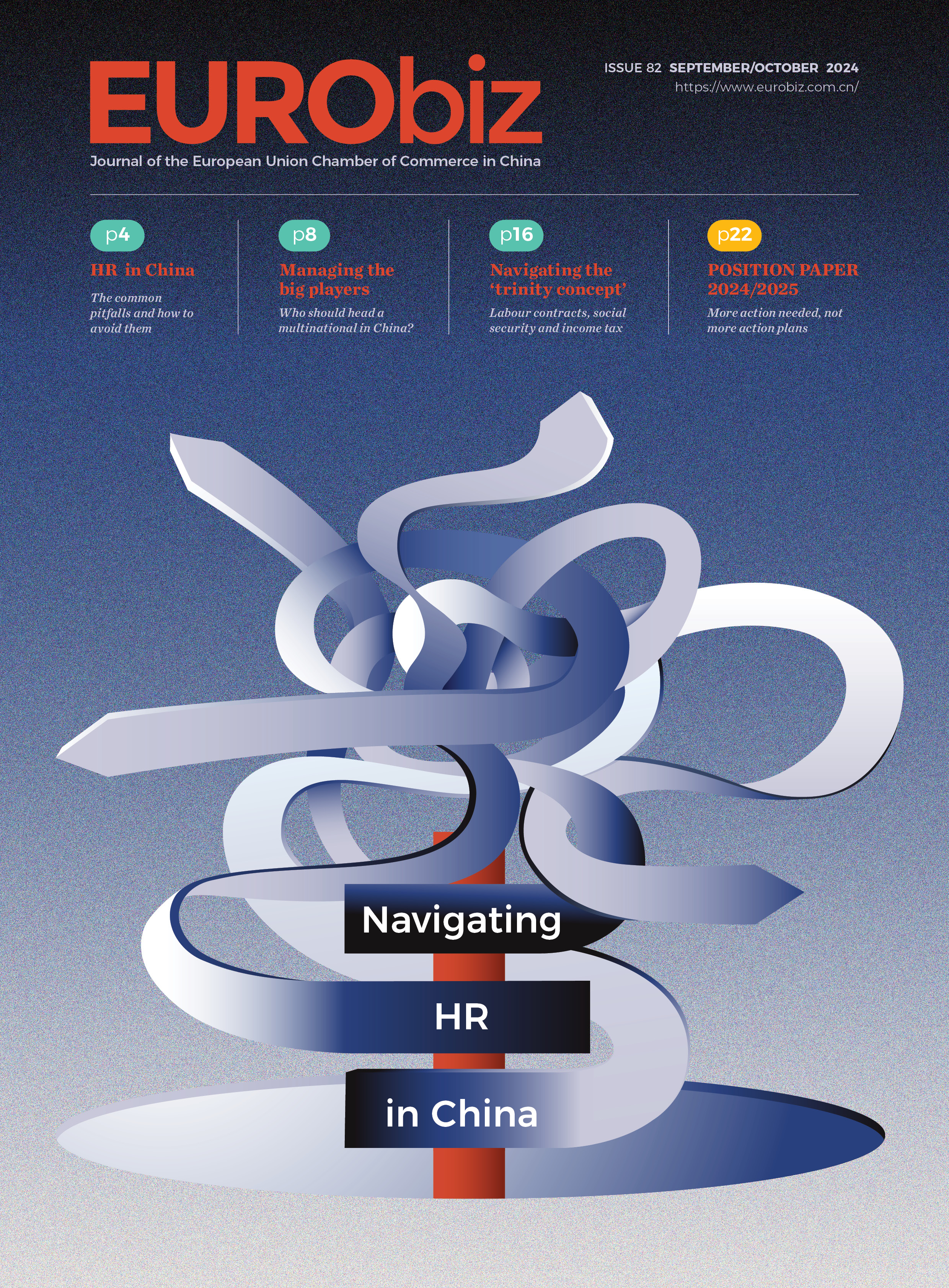 Xi Jinping promised the World Economic Forum in January that China would resist the global trend toward protectionism and champion economic globalisation . While the Chinese president’s message was welcome, the reality is that Beijing has doubled down on industrial policy that might damage its own economy. On 7th March, the European Chamber of Commerce in China released a study on China Manufacturing 2025 (CM2025), a government initiative launched two years ago that increased support for domestic companies and tilted the playing field against foreign competitors.
Xi Jinping promised the World Economic Forum in January that China would resist the global trend toward protectionism and champion economic globalisation . While the Chinese president’s message was welcome, the reality is that Beijing has doubled down on industrial policy that might damage its own economy. On 7th March, the European Chamber of Commerce in China released a study on China Manufacturing 2025 (CM2025), a government initiative launched two years ago that increased support for domestic companies and tilted the playing field against foreign competitors.
Under the CM2025 initiative, state planners set out to develop 10 industries by making decisions that should be left to private businesses. This includes setting aggressive market-share targets for the Chinese and international markets and ‘self-reliance’ for key components.
Beijing’s policy tools run contrary to the principles of free trade. They include hundreds of billions of dollars in subsidies and investment funds, support for inefficient state-owned enterprises (SOEs), state-backed acquisitions of companies in the European Union and elsewhere, as well as market-access restrictions and forced technology transfers for foreign businesses.
While this poses challenges for European businesses in the market, the primary victim is ultimately China’s own economy. In the field of industrial robotics, for example, government subsidies are contributing to serious overcapacity in the low and middle tiers of China’s market.
Government support for SOEs makes it difficult for innovative Chinese enterprises to access capital and grow. Pressuring Chinese companies to give domestic component suppliers preference regardless of whether they offer the best combination of quality and price makes it harder for their own products to succeed in international markets.
China’s turn toward protectionism and industrial policy is particularly evident in the lack of reciprocity in investment relations. In 2016 European investment in China saw a major year-on-year decline of 23 per cent, to EUR 8 billion. Meanwhile, funds flowing from China into the EU grew by a stunning 77 per cent, to EUR 35 billion.
Because much of this Chinese inflow was in sectors targeted by the CM2025 initiative, EU Member States now face the question of how to handle investments directed by Beijing’s industrial policy. The fact that China’s state planners see these acquisitions as being in their national interest does not mean that they align with the host countries’ interests.
Free and open markets are part of the DNA of EU Member States: they welcome investment by privately owned Chinese enterprises for the employment and prosperity that it contributes. However, this does not mean that they are naive, as investments influenced by industrial policy may lead to the acquisitions’ technology being diffused to third parties. Other European companies that are not acquired may lose access to the Chinese market.
In 2013, the Chinese Communist Party’s Third Plenum stated that the market would play the “decisive role” in the economy. But Beijing has so far failed to implement the decision and the role of the market has weakened.
Until China lives up to the Third Plenum and President Xi’s public commitments, EU Member States may need to screen China’s state-directed foreign investment. But the review process must be transparent so that it does not inadvertently dissuade Chinese and other foreign firms from going ahead with legitimate, market-driven bids. Such reviews should only go forward with key terms such as ‘public security’, ‘national interest’ and ‘key technologies’ clearly and narrowly defined.
While reviews may conclude that proposed investments are in European interests, it is first necessary to understand how they relate to priorities laid out under foreign industrial policy. This is especially true in areas where European businesses are barred from making similar investments in China.
China would be wise to learn from past mistakes that some European Member States made with misguided industrial policy. The fact that it is a much larger country does not mean the results will be more favorable. Rather, the costs are likely to be higher. For China’s own sake, it needs to allow market forces and fair competition to replace industrial policy.
The Wall Street Journal published this Op-Ed by President Wuttke under the title Vetting China’s State-Directed Investments on 7th March, 2017 in conjunction with the release of a major new European Chamber report titled China Manufacturing 2025: Putting Industrial Policy Ahead of Market Forces. To date, the report has already received 100 mentions in the international and Chinese press, including Associated Press, Agence France Presse, Bloomberg, Financial Times, Reuters, The New York Times, Caijing, China Daily, South China Morning Post and Xinhua. The Minister of Industry and Information Technology, Miao Wei, also publicly responded to the findings of the report during a press conference held on 11th March during China’s annual National People’s Congress.


Recent Comments